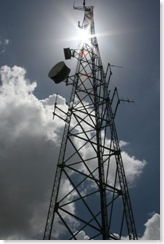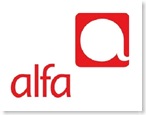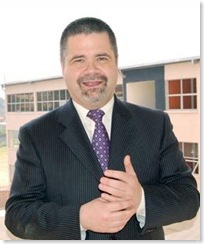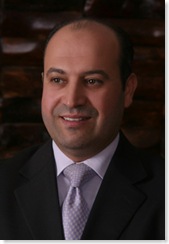Unitech Wireless, an Indian GSM licensee in which Norway’s Telenor is purchasing a 60 per cent stake, has signed tower sharing agreements with Wireless-TT Info Service Limited – Tata Teleservices’ tower subsidiary – and Quippo Telecom Infrastructure Limited. Tata Teleservices has also agreed to provide transmission to the new mobile operator.
 Unitech Wireless has the rights to use 40,000 towers from Tata and Quippo, with 22,000 sites to be available by April 2009
Unitech Wireless has the rights to use 40,000 towers from Tata and Quippo, with 22,000 sites to be available by April 2009
The tower sharing agreement allows Unitech Wireless to mount its mobile network antennas onto existing towers owned by Tata and Quippo, as well as any new towers that are built. The two India tower companies are currently in the process of merging their businesses to become one of the country’s largest tower companies.
Telenor said the agreement covers approximately 40,000 sites, of which approximately 22,000 sites will be in place by April 2009. The remaining towers will be built in 2009 and 2010 in accordance with Unitech Wireless’ needs. The tower sharing and transmission agreements both have 20-year terms with options to extend the contracts for a subsequent 5-year period.
"The tower and transmission agreements are key elements in the process of closing our Unitech Wireless deal, and will enable Unitech Wireless to embark on a swift and cost-efficient roll-out," stated Jon Fredrik Baksaas, president and CEO of Telenor.
Unitech Wireless has licences to roll out its network in all 22 of India’s telecommunications circles and Telenor announced its intention to buy the majority stake in Unitech Wireless in October 2008 for US$1.07 billion.
The Nordic company decided last month to withdraw its rights issue to fund the investment in the Indian company, and would instead finance it through a combination of cash flow and issuance of additional debt. Telenor is scheduled to present its Indian investment case to investors and analysts on February 13.







